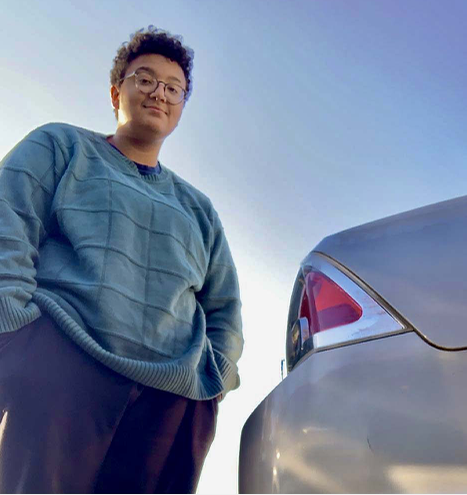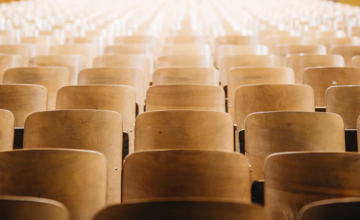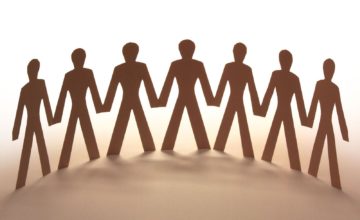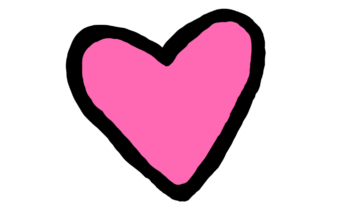Race, gender, and language. What do these things mean to me? To quote Sojourner Truth’s speech, “Ain’t I A Woman?” “If my cup won’t hold but a pint, and yours holds a quart, wouldn’t you be mean not to let me have my little half measure full?” Why can’t you and I be equals? Is this inequality based on race or gender or by the language we speak? James Baldwin’s 1979 essay titled “If Black English Isn’t a Language, Then Tell Me, What Is?” takes a look at the linguistic disparities between white and Black America: “…that the white man could not possibly understand, and that, indeed, he cannot understand, until today. He cannot afford to understand it. This understanding would reveal to him too much about himself, and smash that mirror before which he has been frozen for so long.”
As a Black woman who was raised in a majority Black school district I heard the terms “unprofessional” and “ghetto” in relation to the way my classmates would speak. I would hear my white English teachers scold students for using slang in their classrooms instead of working with them to break the habit. I know it’s seen as “lazy,” but no one would take the time to actually question why more Black students would use slang. I had one Black English teacher and she would actually work with students to prepare them for real world encounters instead of making the students feel bad for speaking colloquially. Most terms or common phrases in our modern world have been heavily influenced by Black culture. However, Black people are still being demonized for participating in the linguistic stylings they helped create while white people are seen as trendy for doing it. A major example is how white gay people, specifically white gay men, profit for copying slang and other mannerisms from black people, especially black women. When called out, white gay men will pull the victim card and speak about how they should be allowed to shamelessly rip off Black culture.
Being treated differently by my peers made me resent the majority of them. I grew up being picked on because my name was different. I wasn’t named after a season or a car, or some birth stone. I had a “white” person name. I grew up being made fun of the way I talked because I spoke “too white.” When I tried to join in with my peers, I would be ridiculed and I wouldn’t hear the end of it up until I graduated. It followed me around and I’ve always been afraid of being the odd one out.
I don’t know, being a Black woman in certain spaces and seeing how people perceive you based on being a Black woman is tiring. I’m either too Black for white people to like or too white for Black people. I usually get the “oh you’re so *insert* for a Black person”, “you speak too white” or the “you act white/Black.” It’s annoying and backhanded and it just makes me want to distance myself from certain spaces that I fought to get into. Getting stares from others or people automatically believing I’m “ghetto” because I’m a black woman and I should speak a certain way is really exhausting to put it plainly. Why can’t I exist in the same circles without being the odd one out? Race will always play a large role in my everyday life, but sometimes I wish I could simply breakaway from that mentality. I just want to be myself, not just another stereotype waiting to be proven wrong.

By Delaney Harrison, Activist writer





